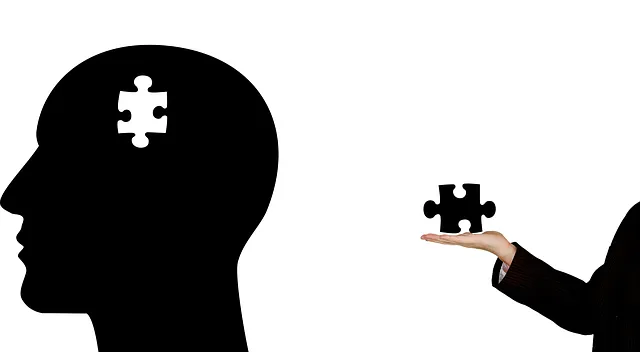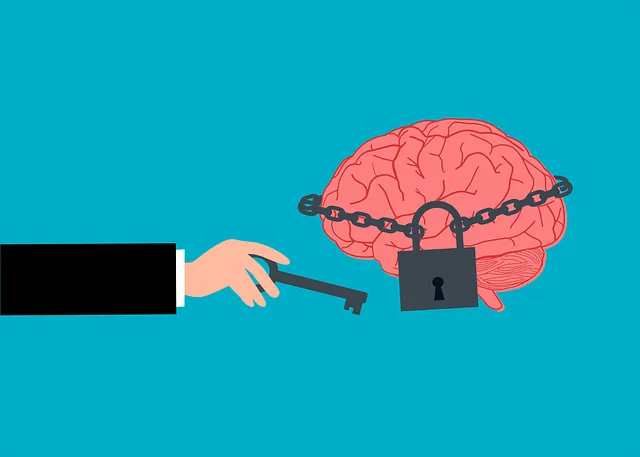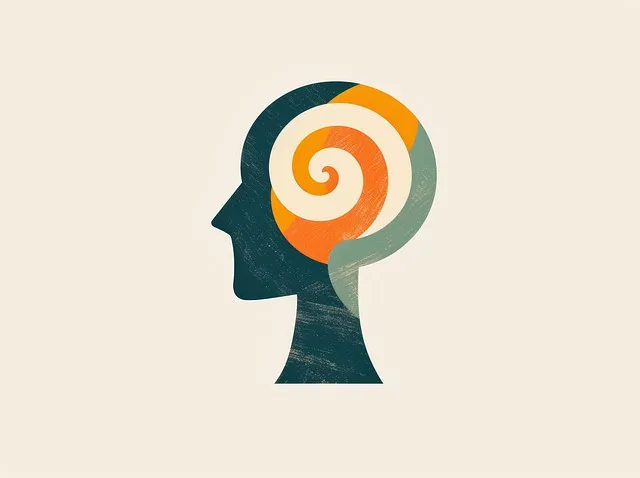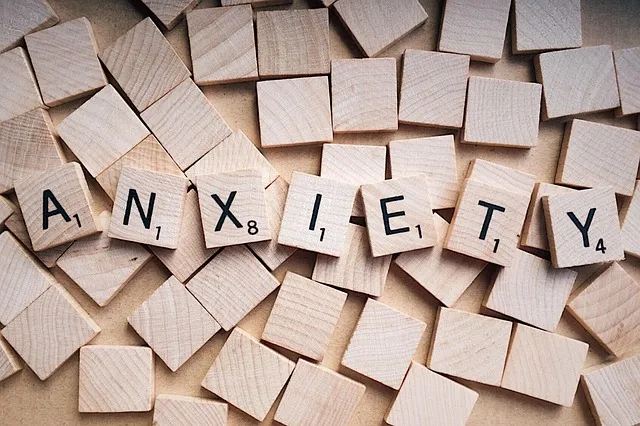The Littleton Kaiser Permanente mental health appointment center prioritizes cultural sensitivity as a core ethical principle, ensuring diverse patients feel comfortable expressing their unique needs. Through tailored services, education programs, and training, the center fosters inclusive environments, strengthens patient-provider relationships, and improves mental health outcomes for various communities. By integrating cultural knowledge into practices, addressing spiritual beliefs, family dynamics, and unique community needs, the center revolutionizes mental healthcare, fostering positive mental health awareness across diverse populations.
Cultural sensitivity is a cornerstone of ethical mental healthcare, ensuring equitable access to quality care for all. This article explores essential aspects of providing culturally sensitive services, drawing insights from pioneering models like the Littleton Kaiser Permanente Mental Health Appointment Center. We delve into identifying and overcoming barriers in diverse populations, incorporating cultural knowledge into assessment and treatment, and enhancing patient-provider relationships through education. By learning from such centers, mental health professionals can offer more personalized, effective care.
- Understanding Cultural Sensitivity: A Cornerstone of Ethical Mental Healthcare
- The Littleton Kaiser Permanente Mental Health Appointment Center: A Model for Cultural Competence
- Identifying and Overcoming Barriers to Culturally Sensitive Care in Diverse Populations
- Incorporating Cultural Knowledge into Assessment, Diagnosis, and Treatment Planning
- Enhancing Patient-Provider Relationships Through Cultural Sensitivity Training and Ongoing Education
Understanding Cultural Sensitivity: A Cornerstone of Ethical Mental Healthcare

Cultural sensitivity is a cornerstone of ethical mental healthcare, especially at institutions like Littleton Kaiser Permanente’s mental health appointment center. It involves recognizing and respecting the diverse cultural backgrounds, beliefs, and values of every individual who seeks support. This understanding is vital in creating an inclusive environment where folks feel comfortable expressing their unique experiences and concerns. By integrating compassion cultivation practices, such as mindfulness and empathy training, mental health professionals can foster stronger connections with patients from various communities.
At Littleton Kaiser Permanente, the Community Outreach Program Implementation plays a significant role in promoting cultural sensitivity. This initiative ensures that services are accessible and tailored to meet the specific needs of diverse populations. For instance, incorporating cultural elements into therapy sessions, such as addressing spiritual practices or family dynamics, can significantly improve mood management for patients from different ethnic and cultural backgrounds. Through these efforts, the mental health appointment center not only enhances patient care but also strengthens the bond between healthcare providers and the communities they serve.
The Littleton Kaiser Permanente Mental Health Appointment Center: A Model for Cultural Competence

The Littleton Kaiser Permanente Mental Health Appointment Center stands as a beacon of cultural competence within the healthcare industry. This innovative model integrates diverse practices and perspectives to cater to a wide range of patients, reflecting the ever-growing need for mental health services that respect and embrace cultural differences. By prioritizing cultural sensitivity, the center ensures that every individual receives care tailored to their unique background and experiences.
Through its comprehensive Mental Health Education Programs Design and development of Mental Wellness Coaching Programs, the Littleton Kaiser Permanente center fosters an inclusive environment. These initiatives not only enhance the cultural awareness of healthcare professionals but also equip them with the skills to navigate complex interpersonal dynamics effectively. This holistic approach contributes to improved patient outcomes and strengthens the bond between caregivers and those seeking mental health support, ultimately promoting a deeper understanding of Mental Health Awareness and fostering positive change in diverse communities.
Identifying and Overcoming Barriers to Culturally Sensitive Care in Diverse Populations

Identifying and overcoming barriers to culturally sensitive care is a critical aspect of mental healthcare practice, especially in diverse populations like those served by the Littleton Kaiser Permanente mental health appointment center. Understanding cultural nuances is essential for building trust and ensuring effective treatment. Barriers often stem from lack of self-awareness exercises among healthcare providers, leading to assumptions and misunderstandings about patients’ backgrounds and beliefs.
Addressing these challenges requires comprehensive Healthcare Provider Cultural Competency Training. Such training equips professionals with the skills to recognize and appreciate cultural differences, adapt their approaches accordingly, and create inclusive environments. Additionally, Mental Wellness Coaching Programs Development can foster a deeper understanding of diverse communities’ mental health needs, promoting tailored interventions that respect and honor individual cultural identities.
Incorporating Cultural Knowledge into Assessment, Diagnosis, and Treatment Planning

Incorporating cultural knowledge into mental healthcare practices is an essential aspect of providing quality care, especially at centers like Littleton Kaiser Permanente’s mental health appointment center. Understanding a patient’s cultural background, beliefs, and values can significantly impact assessment, diagnosis, and treatment planning. For instance, certain communities may have unique expressions of emotional distress or specific coping mechanisms that are culturally acceptable. A mentally health professional in Littleton should be adept at recognizing these nuances to avoid misinterpreting symptoms. This cultural sensitivity ensures that interventions are tailored to the individual’s needs, enhancing the effectiveness of treatment.
When integrating cultural knowledge, healthcare providers can employ conflict resolution techniques that respect diverse perspectives. By doing so, they facilitate open communication, enabling patients to share their experiences and concerns without fear of judgment. Furthermore, this approach supports the development of coping skills tailored to an individual’s cultural context, promoting emotional regulation and overall well-being. Incorporating these practices at a mental health appointment center like Littleton Kaiser Permanente can foster a more inclusive environment, where diverse communities feel heard, understood, and supported in their journey towards mental health recovery.
Enhancing Patient-Provider Relationships Through Cultural Sensitivity Training and Ongoing Education

At the Littleton Kaiser Permanente mental health appointment center, fostering strong patient-provider relationships is paramount to effective care. Cultural sensitivity training plays a pivotal role in achieving this by equipping healthcare professionals with the knowledge and skills to navigate diverse cultural backgrounds and beliefs. Through these programs, providers learn to create inclusive spaces that make patients feel understood and respected, which is crucial for building trust and encouraging open communication.
By incorporating ongoing education on emotional well-being promotion techniques, social skills training, and self-care practices, the center ensures its staff remains adept at addressing the unique needs of every patient. This holistic approach not only enhances the quality of care but also strengthens the bond between patients and their caregivers, ultimately fostering a more supportive and nurturing environment for mental health treatment.
Cultural sensitivity in mental healthcare is no longer a consideration but a necessity, as evidenced by innovative models like the Littleton Kaiser Permanente Mental Health Appointment Center. By understanding cultural nuances, identifying and overcoming barriers, incorporating relevant knowledge into assessments, diagnoses, and treatment plans, and providing ongoing education, mental health practitioners can significantly enhance patient-provider relationships. This not only improves treatment outcomes but also fosters a more inclusive and effective healthcare system that reflects the diversity of its patients.






